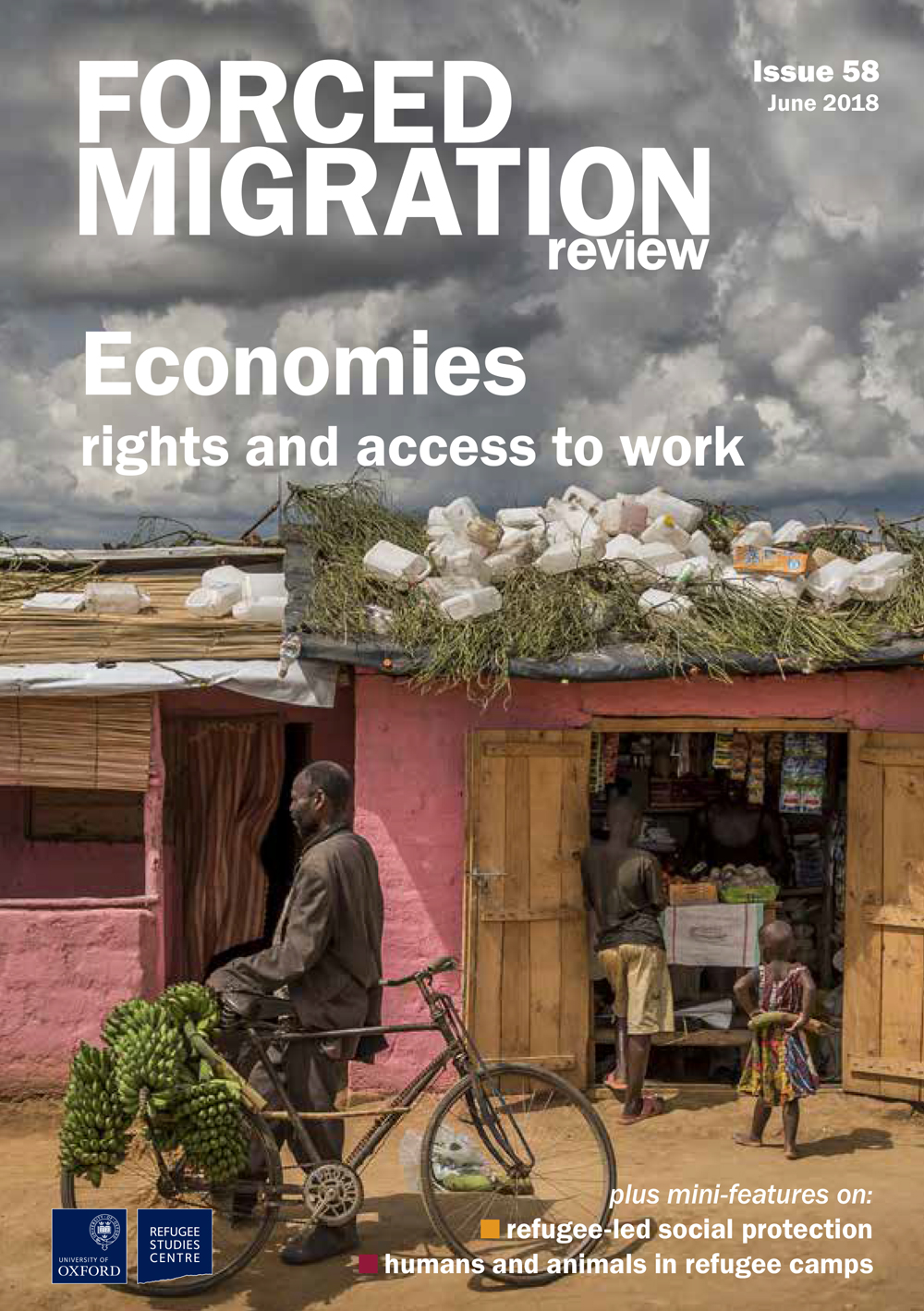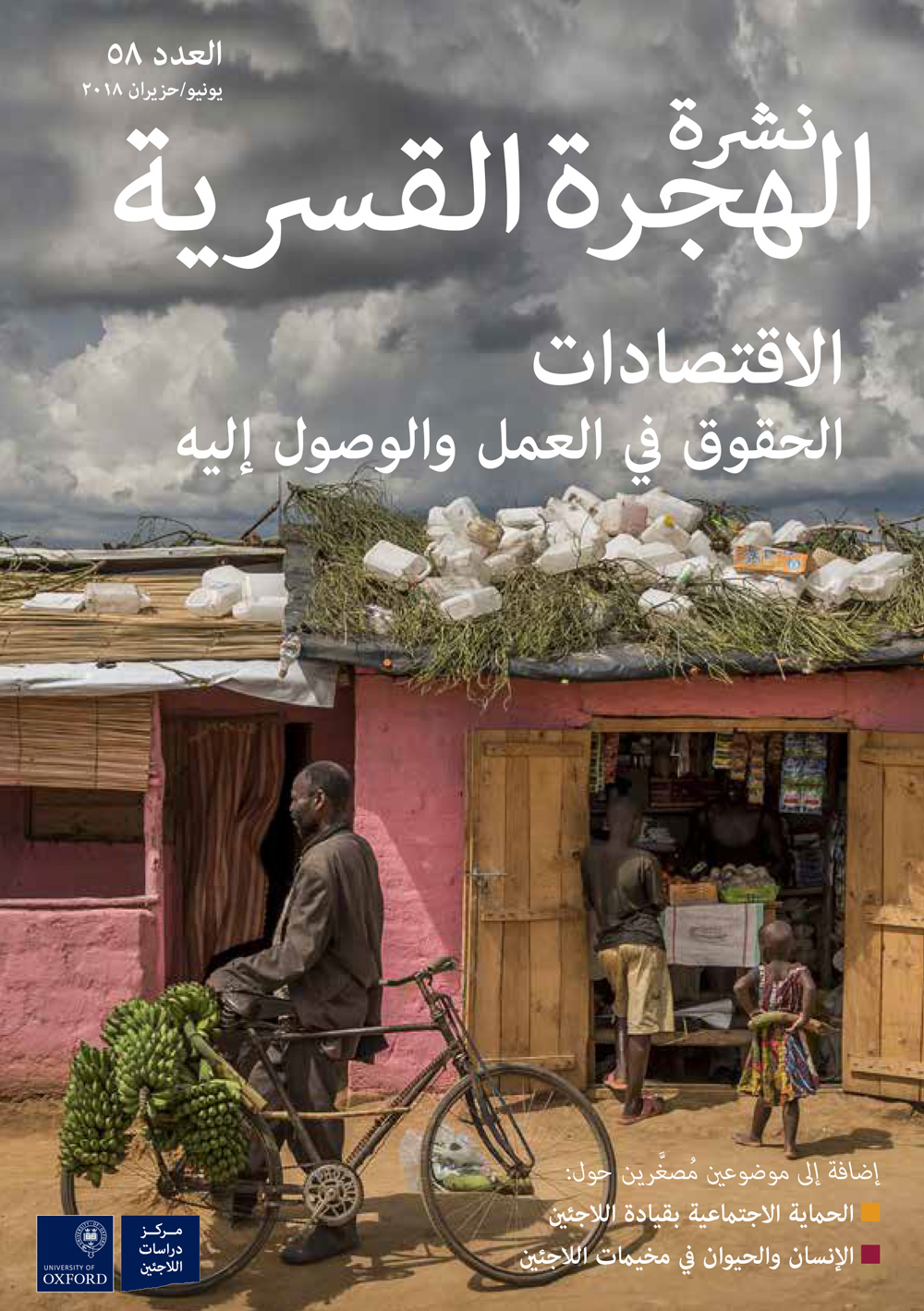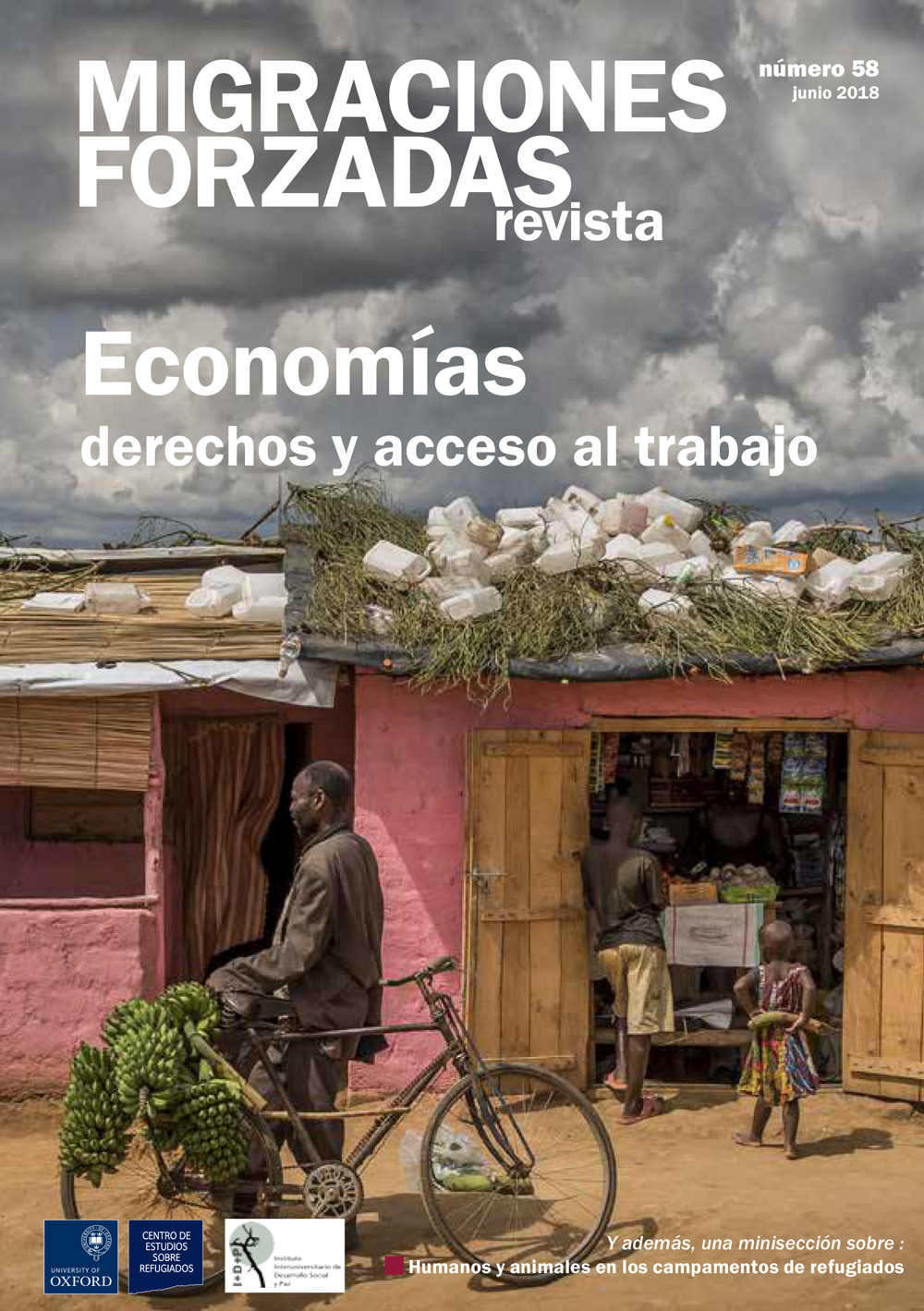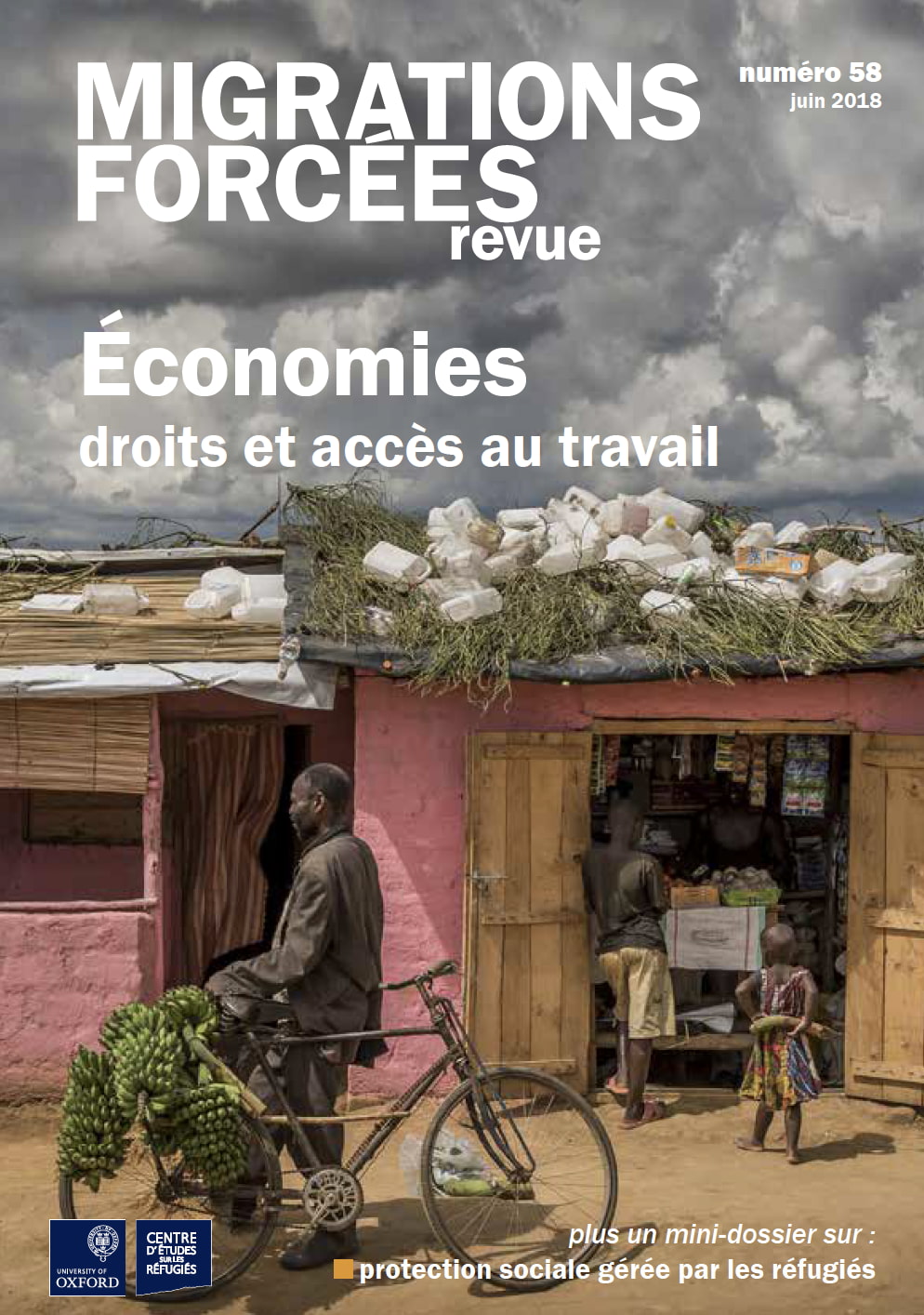Humans and animals in refugee camps
Animals play an important role in human experiences of forced displacement and this is particularly visible in settings of encampment. Camps are often shaped by the need to accommodate animals as well as humans; ‘goat barns’ and animal markets are…
البشر والحيوانات في مخيمات اللاجئين
تمثل الحيوانات دوراً مهماً في الخبرات البشرية للتهجير القسري، يتجلى على وجه الخصوص عند إقامة المخيمات. فغالباً ما تبني المخيمات بما يراعي حاجة سكانها إلى الحيوانات، ناهيك عن إسكان البشر فيها، وهنا تظهر ’حظائر الماعز‘، وأسواق الحيوانات لتصبح أهم السمات…
Humanos y animales en los campamentos de refugiados
Los animales desempeñan un papel importante en las experiencias humanas de desplazamiento forzado y esto es particularmente visible en el entorno de los campamentos. Estos espacios suelen adquirir su forma a partir de la necesidad de alojar a los animales…
The role of rural grocery stores in refugee reception
In Denmark, asylum seekers are required to stay in asylum centres while their asylum applications are processed. During this time they are not allowed to work or pursue education but are provided with accommodation and a small stipend to buy…
Collaboration with criminal organisations in Colombia: an obstacle to economic recovery
To date, the Colombian government has registered over 7,300,000 victims of forced displacement as a result of the nation’s many years of conflict.[1] Given that forced displacement is known to result in high levels of extreme poverty (affecting 85% of…
Syrian economies: a temporary boom?
When civil war erupted in 2011, Raqqa in northeastern Syria was not directly engaged in the conflict, and thus many Syrians from other provinces – such as Deir Az Zor, Homs and Hama – fled to Raqqa. They mainly settled…



